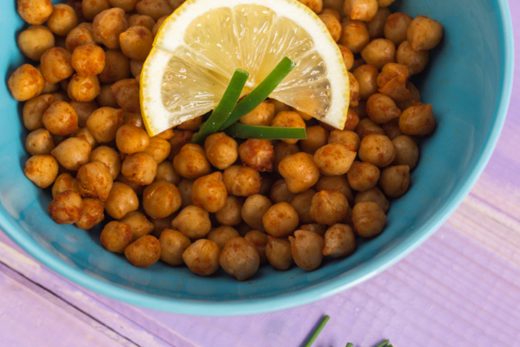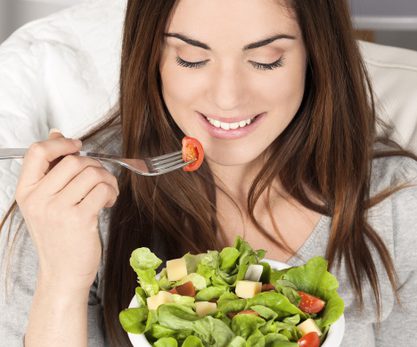Breast-feeding nutrition can be confusing. How much should you eat? What should you avoid? How might your diet affect your baby? Follow these important nutrition tips.
If you’re breast-feeding, you’re giving your baby nutrients that will promote his or her growth and health. You might have questions, however, about what foods and drinks are best for you — and how your diet might affect your breast milk and your baby.
Understand the basics of breast-feeding nutrition.
Do I need extra calories while breast-feeding?
Yes, you might need to eat a little more — about an additional 330 to 400 calories a day — to give you the energy and nutrition to produce milk.
To get these extra calories, opt for nutrient-rich choices, such as a slice of whole-grain bread with a tablespoon (about 16 grams) of peanut butter, a medium banana or apple, and 8 ounces (about 227 grams) of yogurt.
What foods should I eat while breast-feeding?
Focus on making healthy choices to help fuel your milk production. Opt for protein-rich foods, such as lean meat, eggs, dairy, beans, lentils and seafood low in mercury. Choose a variety of whole grains as well as fruits and vegetables.
Eating a variety of foods while breast-feeding will change the flavor of your breast milk. This will expose your baby to different tastes, which might help him or her more easily accept solid foods down the road.
To make sure you and your baby are getting all of the vitamins you need, your health care provider might recommend continuing to take a daily multivitamin and mineral supplement until you wean your baby.





